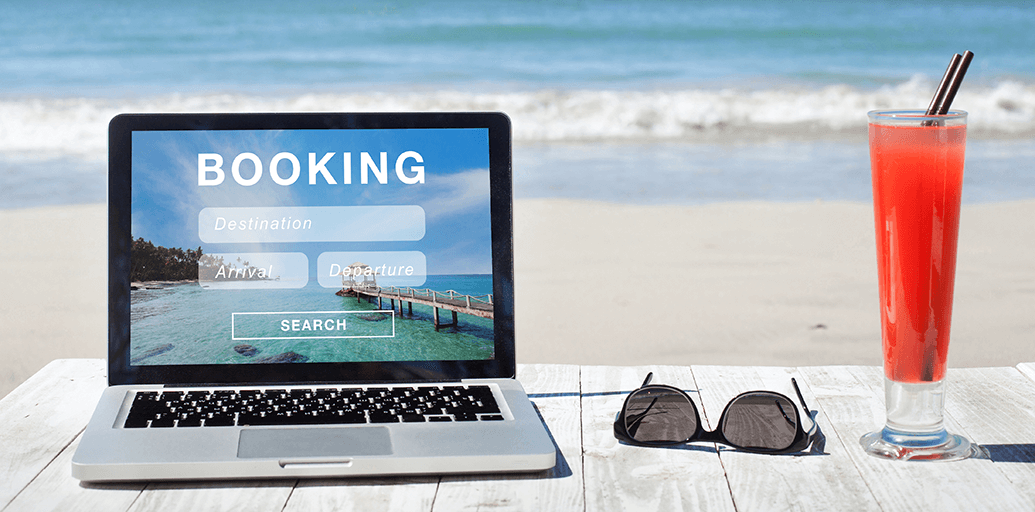Tourist rentals in Spain: regulations

Do you only partially occupy your accommodation in Spain? Or have you invested especially for the rental? It is possible to make your purchase profitable by renting it on a temporary basis. However, there are some regulations you should be aware of before you venture into renting out your property.
The legal obligation of a tourist license
The rental of your accommodation must systematically be declared to the Spanish authorities in order to obtain a tourist license. This license is acquired locally, that is to say that the request for obtaining must be made to the town hall of the city where the property to be rented is located. This license is compulsory: without it, you risk penalties by making your property available to tourists.
Please note, this license only allows you a short-term tourist rental, not exceeding 31 days. Another aspect to take into account is that during the period when you make your property available, you will be unable to access it: you are obliged to rent all of your accommodation, and not just part of it.
The primary purpose of these tourist licenses is to regulate the seasonal rental market. Indeed, the temperate climate of the Costa Brava, located in the north-east of Catalonia, makes this place a region where tourism is in full swing almost all year round. Catalonia brought into force the legislation allowing private owners to rent their property in 2011. Many of the accommodations located there are intended for tourist rental, and the ease of renting them through platforms such as Airbnb or even Tripadvisor has led to abuse and some dissatisfaction from professional hoteliers.
The tourist license is the insurance for the tenant to benefit from the guarantees of the hygiene standards in force and the habitability of the accommodation (equipment provided, furniture, etc.).
The conditions for obtaining the license
Not all requests from landlords wishing to rent their property in Spain are approved. First of all, in some of the most touristic cities, tourist licenses are frozen, which will result in your application being refused. Then, it is necessary that the accommodation meets several criteria:
● the accommodation must have the minimum equipment available to allow tenants an immediate installation;
● the various user manuals and other instructions concerning the equipment of the accommodation must be accessible to tenants;
● sheets and household linen must be in sufficient number to allow for a spare per occupant of the accommodation;
● each room must have a window;
● windows need to be fitted with shutters or other elements that insulate the light;
● the accommodation must be equipped with an air conditioning system for summer rentals (from May to September). However, this obligation is not valid for rentals between the months of October and April;
● tenants must be able to find a first aid kit in the accommodation;
● the premises must be cleaned after the tenants have left;
● provision of necessary household items is required;
● information concerning any common areas and house rules must be transmitted;
All of these conditions are decisive for obtaining the tourist license necessary for the seasonal rental of the dwelling.
The repercussions for owners
It is important to understand how you should report this income.
Are you a permanent resident of Spain? Net income from tourist rentals must then be declared when writing the income tax for residents in Spain (IRPF: Impuesto sobre la Renta de la Personas Físicas ). The law does not provide for a tax reduction for short-term rentals.
Do you live outside the country? You have to pay a quarterly return. This rental income is considered as return on real estate capital. You are required to declare all revenue and the tax rate is 19% for citizens of the European Union, compared to 24% outside the EU.
This is not all, by residing outside Spain, you will also have to pay annually the Income Tax of Non-Residents which corresponds to 19% of 1.1% of the cadastral value of the immovable property if you reside in the EU, and at 24% of 1.1% for residents outside the EU. It is up to the owner to calculate the tax and complete the IRNR declaration, unlike the property tax which is claimed directly by the locality.
Please complete the form by clicking below and our advisers will get back to you as soon as possible to discuss your project.
You can also contact us at +34 872 268 850








